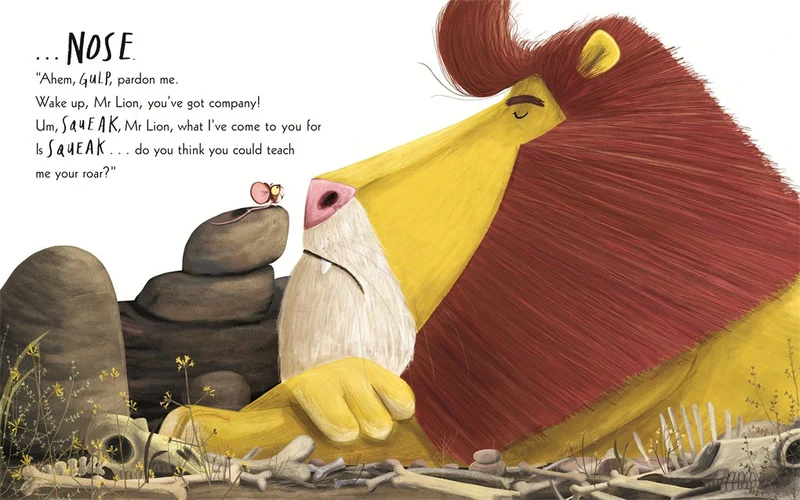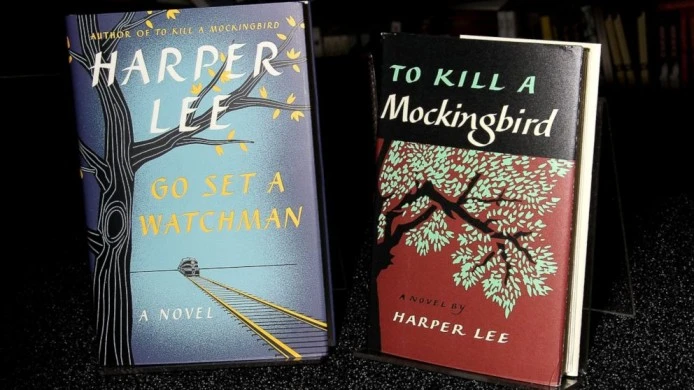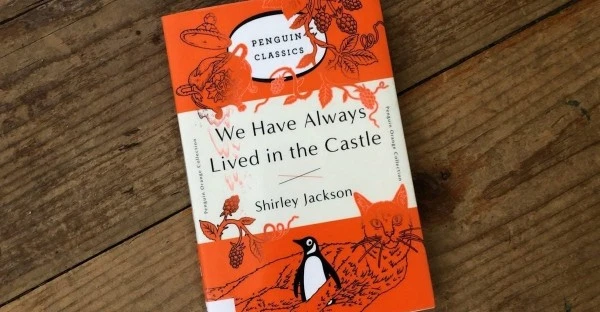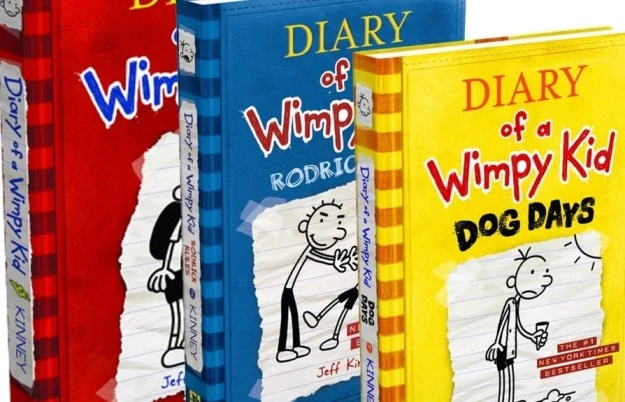How Libraries Saved Cheryl Strayed

What books are on your nightstand?
“Milkman,” by Anna Burns; “In the Dream House,” by Carmen Maria Machado; “Love, Janis,” by Laura Joplin; “The Shadow King,” by Maaza Mengiste; and a galley of Sarah Menkedick’s “Ordinary Insanity.” But that’s just the beginning. I don’t stop at the nightstand. There are books in every room of my house. Even my kitchen is a library.
What’s the last great book you read?
“Heart Berries,” by Terese Marie Mailhot. There are so many sentences I had to read again because they were so true and beautiful. It’s a memoir of pure poetry and courage and invention. Whenever I think about it, my heart clenches with love.
What’s your favorite book no one else has heard of?
Martha Grover’s memoir-in-essays, “The End of My Career.” Grover lives near Portland, Ore., where I live, though I’ve never met her. With immense vulnerability, wit and insight, she writes about so much — money, sex, chronic illness, gentrification and her jobs cleaning houses, investigating insurance claims and working in a cheese shop, among other things.
What book should everybody read before the age of 21?
I don’t believe in should when it comes to reading, except to say that reading should be driven by curiosity and pleasure, rather than obligation or obedience. I meet so many people who tell me they hate to read but they loved “Wild” and I always say: “But that means you don’t hate to read! You love to read!” It saddens me that there are so many people out there who think they don’t like to read only because “The Scarlet Letter” bored them to death in high school. This isn’t to say one should avoid books that take some time to sink into, of course. Some of my favorite books felt laborious at the outset, but nothing good comes from reading a book that feels like a punishment.
Are any books guilty pleasures for you?
There is nothing about pleasure that makes me feel guilty.
What’s the last book you read that made you laugh?
Myriam Gurba’s memoir, “Mean.” Like most truly great books, it made me laugh, cry and think. She’s a scorchingly good writer. I also recently reread Courtenay Hameister’s wonderful memoir about anxiety, “Okay Fine Whatever,” and laughed (and cried) even harder than I did the first time around.
The last book you read that made you cry?
Alex Tizon’s “Invisible People.” Alex died unexpectedly in 2017 and this book is a collection of his essays and reportage. In addition to being an extraordinary writer and a Pulitzer Prize-winning journalist, he was a friend of mine and a longtime close friend of my husband’s — they worked together in the salmon canneries in Cordova, Alaska, in the 1980s, when they were both putting themselves through college. The last time I saw Alex we had a long conversation about the memoir he was writing about his relationship with Eudocia Pulido — whom he called Lola. She’d worked for Alex’s family for most of his life, having immigrated with them from the Philippines. Alex loved her like a mother, though he eventually came to realize she was essentially enslaved by his parents. A portion of his book was published as an essay called “My Family’s Slave” in The Atlantic. He died a few months before it came out, never knowing that the editors at the magazine had decided to put his essay on the cover, and probably never imagining the attention it would receive. “Invisible People” is a powerful reminder of what we lost when Alex died.
The last book you read that made you furious?
Paul Tough’s “The Years That Matter Most.” I’ve been practically begging everyone I know to read this book ever since I finished it. It’s an utterly absorbing, utterly enlightening, utterly important book about classism in American higher education and the myth of meritocracy. Another book that had a tremendous impact on me is Rachel Louis Snyder’s “No Visible Bruises,” about all we don’t know — and it seems sometimes don’t want to know — about domestic violence. It’s essential, devastating reading.
Has a book ever brought you closer to another person, or come between you?
About 20 years ago my husband, Brian, and I were in Antigua, Guatemala, when I became desperately ill with a stomach parasite. For days, I could do nothing but lie in bed in the cheap hotel where we had a room. Brian found an English-language lending library nearby that would allow you to check out two books at a time for a small fee. He brought back the first two installments of Stephen King’s serialized novel, “The Green Mile,” and read them out loud to me. When we were done, he returned them and checked out the next two and so on until we’d gotten through all six. Brian and I have a long history of reading books out loud to each other, but that one was especially bonding. His steady voice guided me back to life.
What’s the most interesting thing you learned from a book recently?
That Janis Joplin was arrested for cursing onstage in Tampa. I’ve always loved a woman who uses language to push the boundaries.
What moves you most in a work of literature?
The same things that move me in life. Intelligence. Heart. Humor. Empathy. Generosity. Courage. Honesty. Grit. And of course, to convey any of that on the page, you have to be a great writer. Voice is everything.
How do you organize your books?
Before I had children I organized them by genre, alphabetically, but the demands of motherhood proved too great for me to stay on top of such things. Now it’s pure chaos. Every book is nowhere and everywhere. Last week I had to purchase a copy of “Little Women” for my daughter, Bobbi, because she’d seen the movie twice and wanted to read the book and even though I probably own three copies already, not one of them could be found. Recently, I offered to pay my son, Carver, by the hour if he would create a document cataloging the title, author and location of every book in our house. He agreed, which seems fitting, since he’s named after Raymond Carver. Plus, it was his birth that started all this trouble.
What book might people be surprised to find on your shelves?
“Stocking Up: How to Preserve the Foods You Grow, Naturally,” edited by Carol Hupping and published by Rodale Press. It was my mother’s — one among many such books she owned about how to live self-sufficiently, which we did all through my teenage years in rural northern Minnesota. My family didn’t have indoor plumbing until I was a sophomore in college and we spent a few years living without electricity and running water as well. My mother grew our vegetables and herbs and she preserved everything, so we ate them throughout the winter too. Most nights my husband and I fashion dinner together from something we picked up at our local grocery store deli, but my mother’s legacy as a back-to-the-land domestic goddess lives on in the books that sit unused on our kitchen shelves.
What’s the best book you’ve ever received as a gift?
My mother gave me “The Collected Poems of Emily Dickinson” when I was 21. It was a gift of congratulations after I won a writing award from the English department at the University of Minnesota, where I was an undergraduate. It was my first writing prize. At the time, I was still as much of a poet as a prose writer and my mother’s inscription says: To Cheryl, The 20th, 21st century poet. Mom. She died nine months later.
What kind of reader were you as a child? Which childhood books and authors stick with you most?
When I was very young — like 3 and 4 — my mother read “Black Beauty,” by Anna Sewell, and “Bambi, a Life in the Woods,” by Felix Salten, out loud to me. She didn’t read the abridged versions of these books, but rather the original full-length novels, which were packed with sorrow and violence and cruelty and danger. In retrospect, I think perhaps they weren’t really meant for children. I remember my sister and I weeping at the sad parts as our mother read to us, while also begging her to go on.
Those early experiences aside, my main memory of books in my childhood is one of longing. In elementary school, they used to hand out catalogs from the Scholastic publishing company that allowed you to order books that would then be delivered to you at school. I’d study those catalogs for hours and meticulously fill out the order form on the back, as if I could buy them. But I couldn’t. I never turned in the forms because my family was too poor to pay for the books. It’s such a visceral memory, aching for those books! The public libraries and school libraries saved me, as did my mother’s bookshelf. I read everything that looked even a little bit interesting.
You’re organizing a literary dinner party. Which three writers, dead or alive, do you invite?
Alice Munro, Audre Lorde, Grace Paley. I get tears in my eyes just thinking about it.




